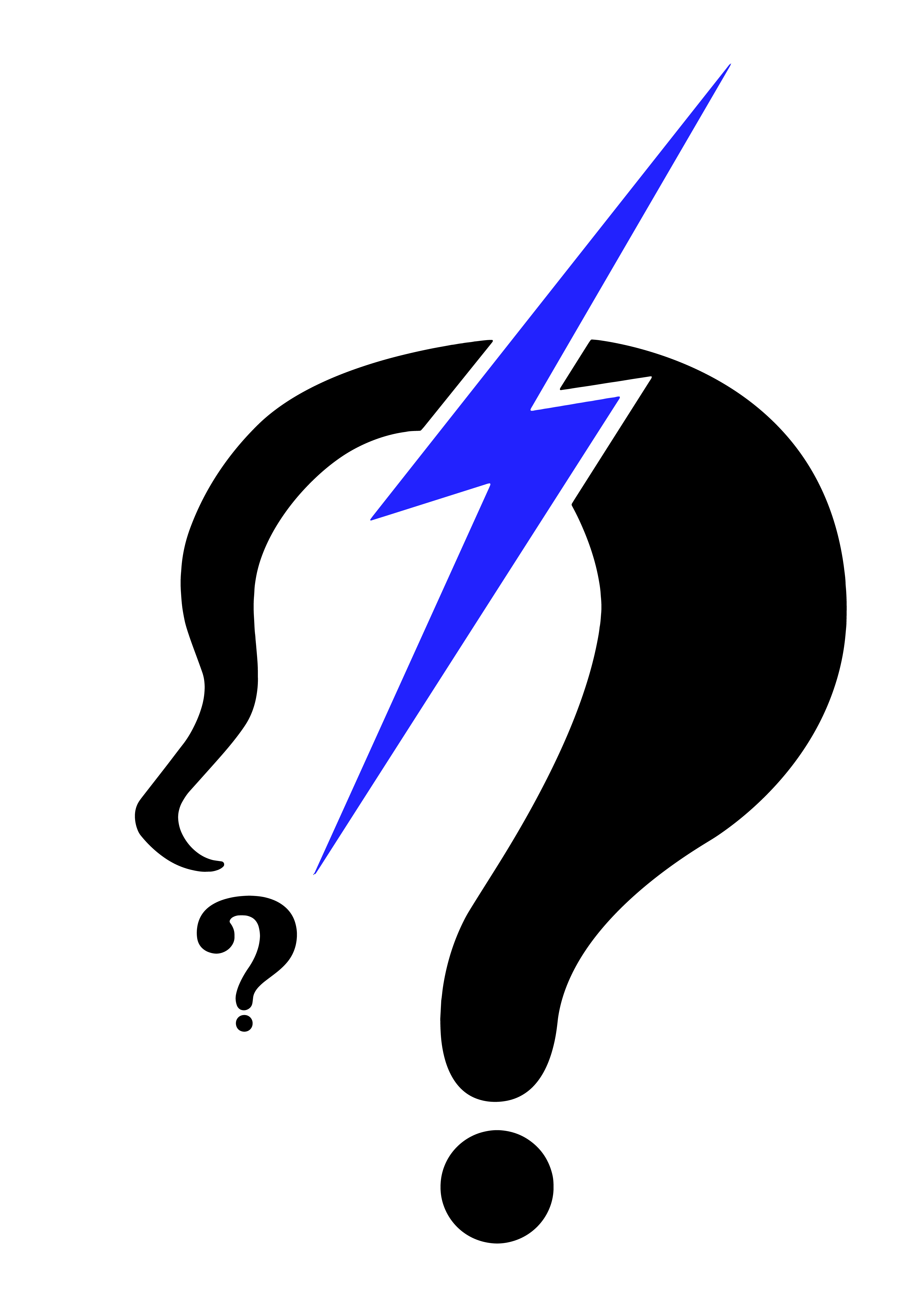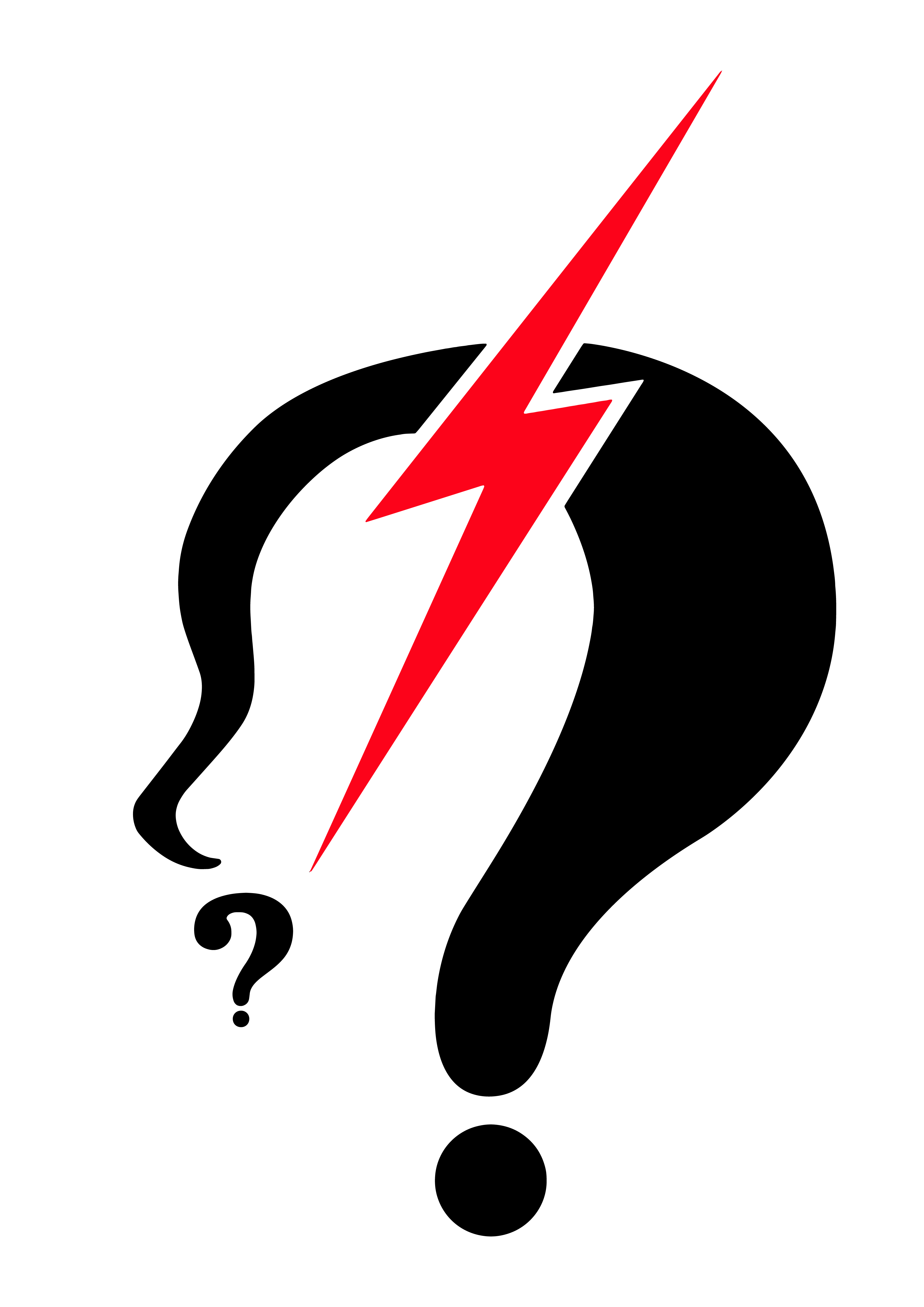Read&Write
Read&Write features include:
- Text-to-speech: Read what I type including individual words, passages, or whole documents aloud with easy-to-follow dual color highlighting.
- Text & Picture Dictionaries: Provide definitions and display images to help with word comprehension.
Vocabulary List: Creates a list instantly into a new doc, including selected words, the dictionary definitions, images - Rewordify: simplifies the readability of text without changing the meaning. (Only available for Read&Write for Google Chrome)
- Check It: Reviews writing for incorrect grammar, spelling (phonetic), capitalization, punctuation, verb tense and more.
- Audio Maker: Converts selected text into an audio file, and automatically downloads
- Talk&Type: Turns the spoken word into text (unavailable for Read&Write for Mac users).
- Text-to-speech: Reads tex aloud
- Text & Picture Dictionaries: Provide definitions and images to help with word comprehension.
- Vocabulary List
Rewordify: simplifies the readability of text without changing the meaning.
(Only available for Read&Write for Google Chrome)
- Check It: Reviews writing for incorrect grammar, spelling
- Audio Maker: Converts text into audio
- Talk&Type: Turns the spoken word into text
- (unavailable for Read&Write for Mac users).

 The
The